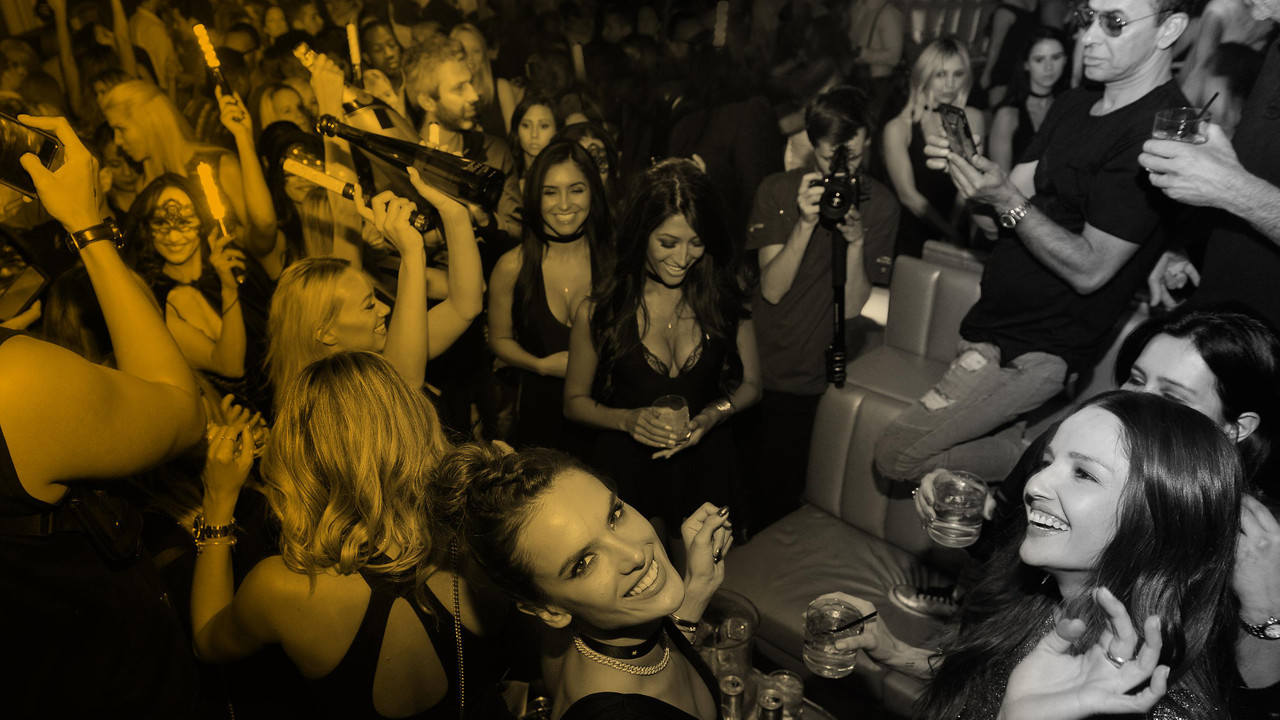
I’ve written quite a few times about how economies work and the role of money as power. In particular, money is not just power but status, and leads to attractiveness, and the ability to get someone above your league in looks.
I’ve likened it to experiments with monkeys where, when fruit becomes a currency, many of the male monkeys use fruit to pay for sex.
That was one experiment but I heard about another one the other day, where monkeys would even give up their feed to see a sexy pic of another monkey’s bum.
Amazing.
And, bearing in mind that we are all just animals too – monkeys if you like, but with bigger brains – then it intrigued me when I saw this lengthy write-up in The Economist on how money is power and power buys beauty.
The secret economics of a VIP party
There’s an invisible system behind every £100,000 bar tab and its currency is pretty women
The article is a summary of the new book by Ashley Mears, a writer, sociologist and oh, a former fashion model. That last part is important as she hung out on the rich circuit of millionaire and billionaire parties and concluded that for every rich man or woman, there were a group of men and women who wanted to be around them.
That’s no great surprise – money is power – but what may surprise is the way these rich parties work.
Over the last few decades, a new elite has emerged, partly as a result of deregulation of the financial sector in the West and partly because of the spread of global capitalism across the world. This elite is more geographically dispersed and mobile than the aristocrats and capitalists of yesteryear. And an industry has sprung up to feed it.
A small cohort of oligarchs, New York hedge-fund managers and Silicon Valley investors now patronise a network of nightclubs that span the globe. Whether they’re in Miami or St Tropez these clubs tend to have similar decor and the same clientele …
The visual tropes of this world are familiar even to non-VIPs: angular cheekbones, Louboutin heels, sprays of champagne. What most people don’t realise is that the apparently spontaneous abandon of those extravagant nights is, in fact, painstakingly planned. It takes a carefully hidden, intricate economy, based on a complex brokering of beauty and status, to create an atmosphere in which people will spend $100,000 on alcohol in a single night. This economy’s currency is young women.
It's a lengthy piece, the gist of which is that there’s a whole economy focused upon creating millionaire and billionaire evenings, full of attractive models who fawn and f**k these rich people. The key to these rich alpha people is status.
One club-goer told me about a “bottle Olympics” between two customers from India and Pakistan that he witnessed one night, each striving to outdo the other in ordering rare bottles of champagne. A backdrop of beautiful women facilitated such primitive battles. Status is a sensitive thing. It exists only when an audience recognises it: it cannot be bought outright without a loss of status. This means that VIP clubs have to construct an environment which makes status-seeking seem the by-product of a fun and spontaneous night out. “Each night is a production,” one promoter told me. “It’s a show.”
And the motivation of the models?
Well, they would get lots of gifts, great parties, travel the world and be treated like gods and goddesses … except there’s a catch.
“I had to go there alone not knowing these people, and then I did feel like a piece of meat, like totally, I had to be fun...so I was like, dancing, and laughing, and hating my life at the same time.”
The article is an abbreviated version of Ashley Mears’ book Very Important People: Status and Beauty in the Global Party Circuit, which I am not recommending, but she spent four years researching this stuff and knows what she’s talking about.
Money is power; power is status; status attracts people; that’s why everyone wants money.
Chris M Skinner
Chris Skinner is best known as an independent commentator on the financial markets through his blog, TheFinanser.com, as author of the bestselling book Digital Bank, and Chair of the European networking forum the Financial Services Club. He has been voted one of the most influential people in banking by The Financial Brand (as well as one of the best blogs), a FinTech Titan (Next Bank), one of the Fintech Leaders you need to follow (City AM, Deluxe and Jax Finance), as well as one of the Top 40 most influential people in financial technology by the Wall Street Journal's Financial News. To learn more click here...

